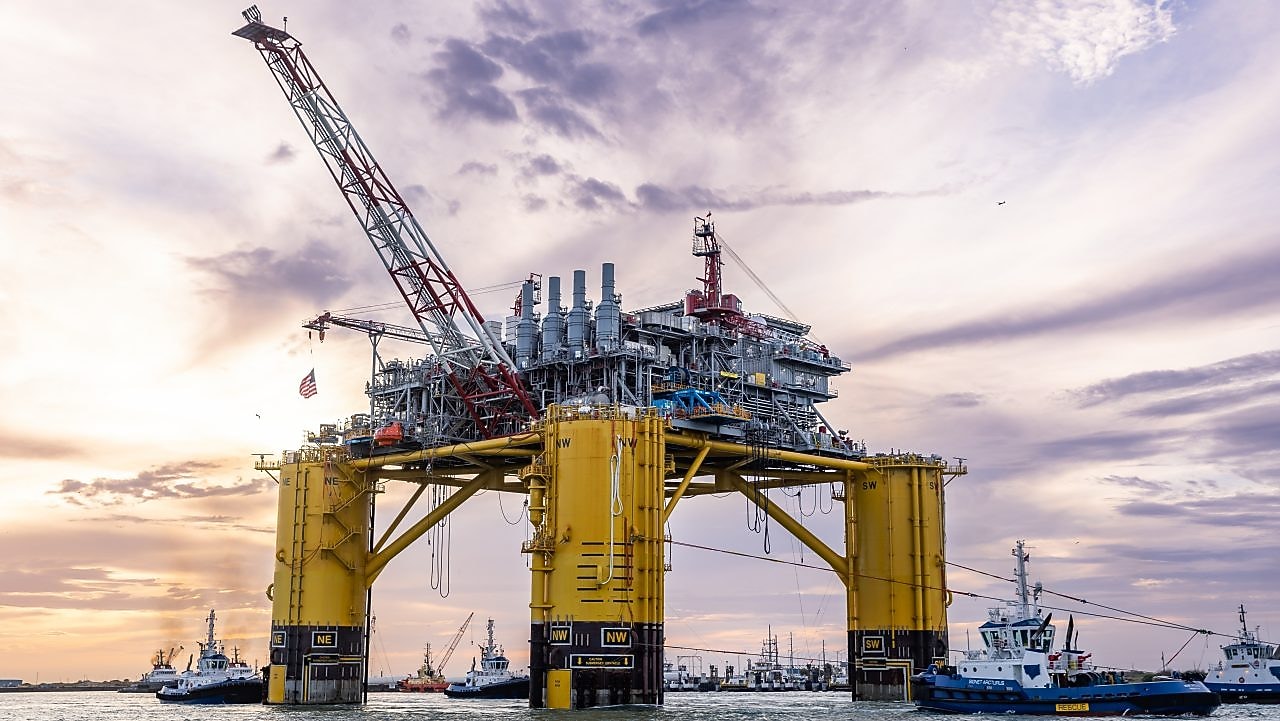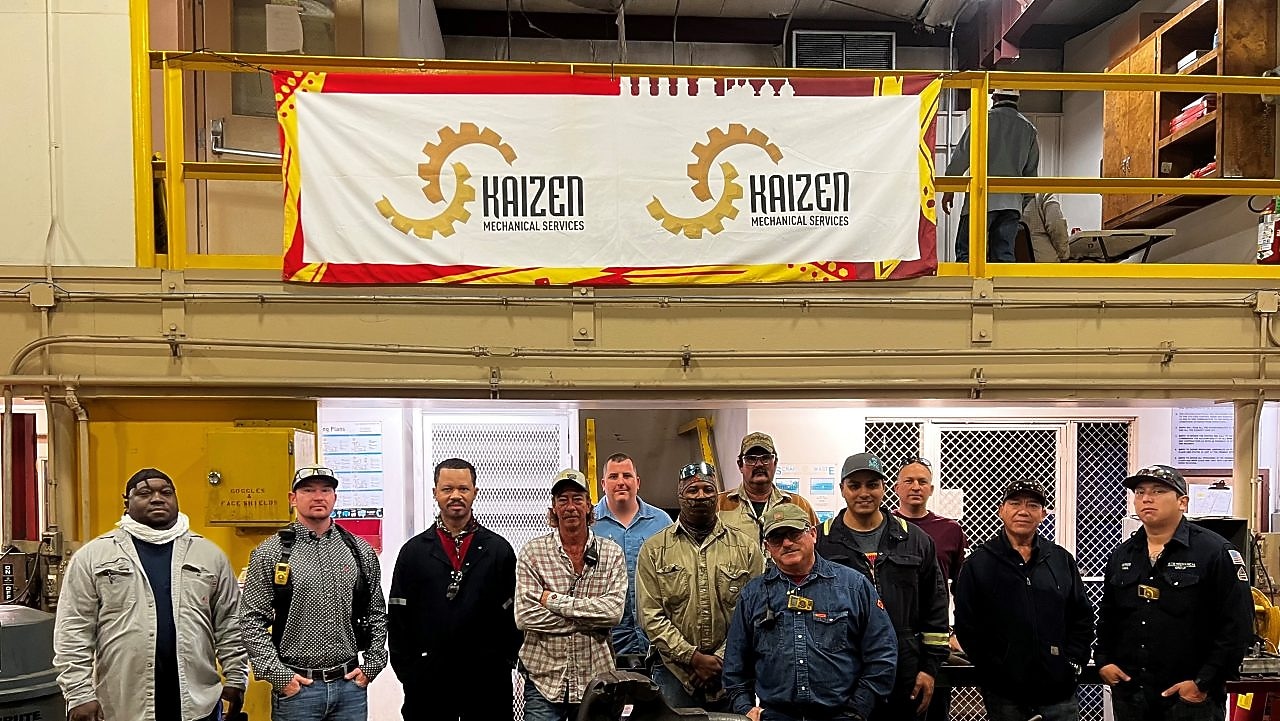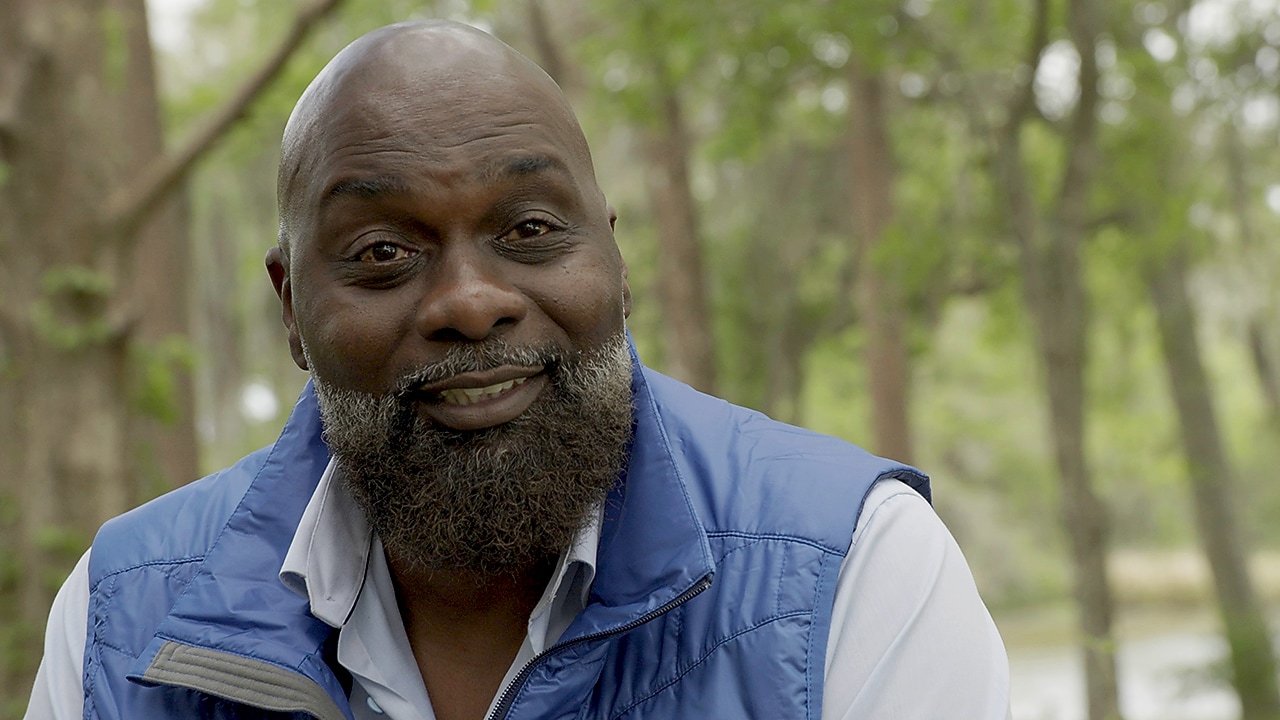
Bringing Nature Back to the Houston Ship Channel
Deborah January-Bevers took the job at the helm of Houston Wilderness because she saw a unique challenge to fortify nature in of the most industrial regions of the country.
The areas around the Houston Ship Channel, largely owned by manufacturing and shipping companies, haven’t historically been the target of conservation efforts. January-Bevers didn’t have a background in conservation and wasn’t naturally drawn to environmental initiatives, but she saw a challenge that she could meet with her considerable public policy chops. She understood that initiating wide-scale conservation in the region, would mean bringing together disparate entities to get the job done.
“Houston Wilderness is unique because it brings together and facilitates different stakeholders to deal with an environmental issue that is too big for one entity to do alone,” January-Bevers, president and chief executive officer said. “We bring partners together to create a program.”
The communities along the Houston Ship Channel provide fuel and other critical products to the world. They’re also disproportionally vulnerable to hurricanes and tropical storms, deteriorating air quality and rising temperatures, according to research from National Centers for Environmental Information.
The Houston Wilderness non-profit organization is responsible for implementing a multitude of environmental benefits for the Greater Houston Region, including creating urban forests along Houston’s freeways, making the city a safe waypoint for Monarchs on their migration, and supporting nature-based infrastructure to reduce the impact of flooding on the most vulnerable communities.
Houston Wilderness’s Houston Ship Channel TREES program exemplifies this. The program brings together Port Houston, Houston Health Department, Buffalo Bayou Partnership, municipalities, and businesses to focus on enhancing ecosystems through large-scale native tree plantings.
The Port of Houston landscape is distributed over a 25-mile-long chain of land that is used for storage and port operations but also comprises significant green space . Houston Wilderness targets locations along the Houston Ship Channel where native trees can be planted.
The trees selected for the plantings provide a multitude of ecosystem services, including increased air and water quality, erosion control, habitat enhancement and shade in areas known as urban heat islands, according to Houston Wilderness.
Houston Wilderness does much more than plant trees. The organization leads the Gulf-Houston Regional Conservation Plan to implement an ecosystem resilience that spans eight counties. They’re also installing nature-based infrastructure on land that regional governments bought out after flood events such as Hurricane Harvey, through the Riverine Targeted Use of Buyouts Program. The Texas Monarch Flyway program is a statewide effort facilitated by Houston Wilderness to restore, increase, and enhance Monarch habitat throughout Texas.
Shell USA Inc. has been a proud supporter of Houston Wilderness since at least 2006 and Shell employees look forward to opportunities to volunteer with the organization multiple times a year.
For January-Bevers, one of the best parts of the job is seeing trees that were planted only a few years ago transform the local landscape. “One of the very first big plantings we did was on JW Peavy Dr near Hidalgo Park in November 2019,” January-Bevers said. “They are phenomenally large. They look so good that a company that backs up to those tress wants to plant more trees.”



